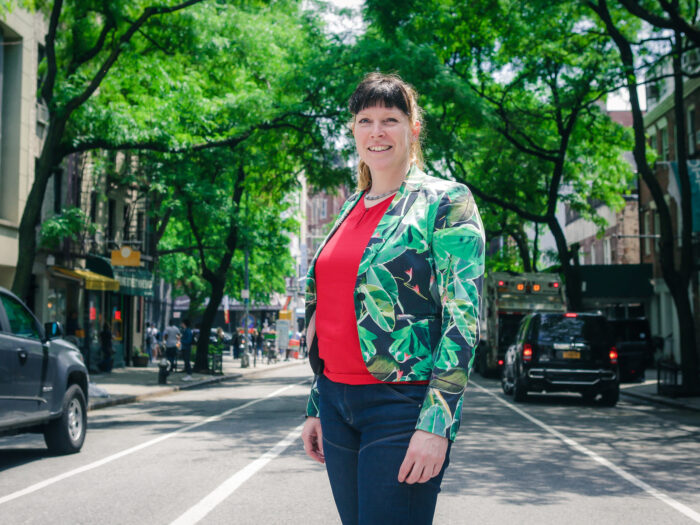NEFFA
After a successful pre-launch during Biofabricate in NYC and Global Change Award in Stockholm, NEFFA was ready to be presented to the world. With their groundbreaking automated manufacturing method, they make it possible to produce apparel, footwear and fashion accessories locally and in 3D out of biofabricated materials such as mycelium or algae, which involves zero waste as opposed to 2D methods. With this, the start-up offers a full solution for the current value chains in fashion, which are notoriously unsustainable.
The fashion industry is one of the most polluting in the world: the sector is responsible for 8 to 10% of global CO2 emissions and accounts for ~20% of industrial water contamination. Conventional materials such as cotton require an immense amount of resources, semi-finished products travel all over the globe for various steps in the production process, and overproduction is anchored in the fundaments of the business model of fashion brands.
Through the NEFFA production method, design is done directly in 3D, offering an innovative way to rethink fashion design. A digital design interface offers options to apply all kinds of parametric textures in the blink of an eye. The final design is turned into an affordable and recyclable 3D mold with a variety of digital technologies. This is possible because the manufacturing method does not require any high heat or pressure so the molds can be like blisters. In the meantime, the biomass is grown in large fermentation tanks. NEFFA currently works with mycelium – creating a material called MycoTEX – but their system can also work with other biomaterials that can be grown through liquid fermentation, such as algae or even collagen.
The evolution of NEFFA started in 2014 with MycoTEX, founded by Aniela Hoitink, who since then has developed the method and material. Additionally, the core team consists of Nicoline van Enter, renowned trendwatcher and fashion expert, who joined the company in 2020. The team is supported by a group of experienced advisors, who are involved parttime. Our investment in MycoTEX was completed in October 2021 alongside co-investor ROM Utrecht Region. Furthermore, the DOEN Foundation is involved as a grant provider.

